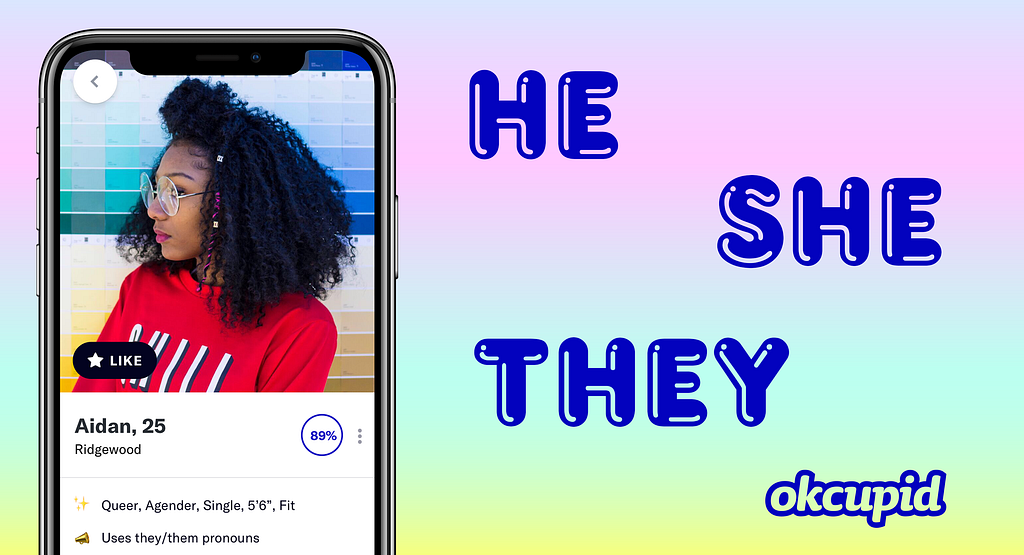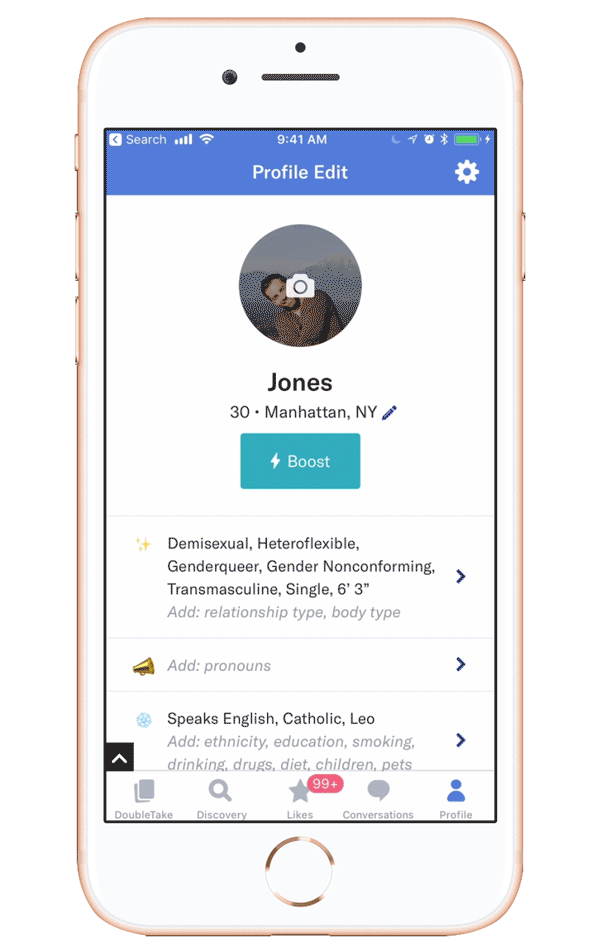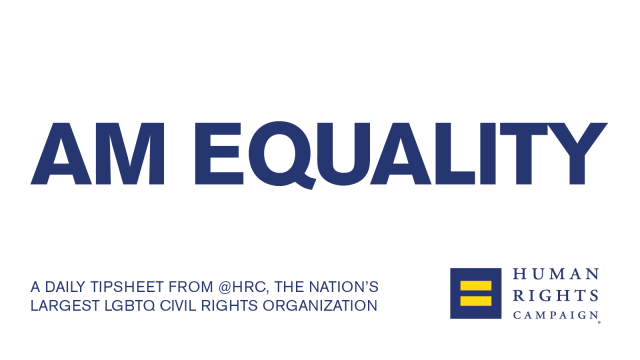HRC Honors World Suicide Prevention Day 2018

Trigger Warning: This post contains mentions of suicide.
HRC marks World Suicide Prevention Day by reaffirming our commitment to support the well-being of LGBTQ youth who are too often made to feel hopeless and alone simply for being who they are. We pause to remember those in our community who we have lost, including Tyler Clementi, Jamel Myles, Leelah Alcorn, Sergio Urrego and far too many others.
In 2016, suicide was the second-leading cause of death worldwide among all youth ages 15 to 29, according to the World Health Organization.
Many LGBTQ young people experience family rejection, bullying and harassment, or feel unsafe for simply being who they are, all of which can be added risk factors for suicide. These risks are compounded for LGBTQ youth of color at the intersections of racism, transphobia, biphobia and homophobia.
HRC and the University of Connecticut’s 2018 LGBTQ Youth Report found alarming trends among more than 12,000 respondents, ranging in age from 13 to 17:
- More than 70 percent reported feelings of worthlessness and hopelessness in the past week;
- Only 26 percent of youth said they always feel safe in their school classrooms — and just 5 percent said that all of their teachers and school staff are supportive of LGBTQ people;
- Just 31 percent of trans youth surveyed said that they can express themselves in a way that completely reflects their gender identity in school;
- Only 11 percent of youth of color surveyed believe their racial or ethnic group is regarded positively in the U.S.;
- 68 percent of bisexual youth report being teased or treated poorly at school because of their sexual orientation.
And, heartbreakingly, the Centers for Disease Control’s most recent Youth Risk Behavior Survey found that LGB youth were four times more likely than non-LGB youth to attempt suicide in the previous year. The reporting on transgender students is expected to be published later this year.
Addressing these startling statistics starts with schools and communities alike working to foster safe and inclusive spaces for LGBTQ young people.
HRC’s Welcoming Schools program provides specific guidance to parents, teachers and the wider community for preventing anti-LGBTQ bullying and aggression in schools. This can be as simple as responding appropriately to anti-LGBTQ comments in the classroom, or encouraging educators to promote inclusivity and diversity in their lesson plans.
Parents and families can start by learning the facts and educating themselves about issues that impact LGBTQ youth. Whether or not families have openly LGBTQ children, it is vital to make home a safe and affirming space for all identities.
We all can play a role in our communities to ensure that LGBTQ youth feel safe and supported.
If you or someone you know may be at risk of suicide, call the National Suicide Prevention Lifeline at 1-800-273-8255. If you’re a young LGBTQ person and need to talk to someone, call The Trevor Project’s 24-hour crisis hotline for youth at 1-866-488-7386. If you are a transgender person of any age, call the Trans Lifeline at 877-565-8860.
To learn more about supporting LGBTQ youth in their homes, schools and communities, visit www.hrc.org/youth.
www.hrc.org/blog/hrc-honors-world-suicide-prevention-day-2018?utm_source=rss&utm_medium=rss-feed










